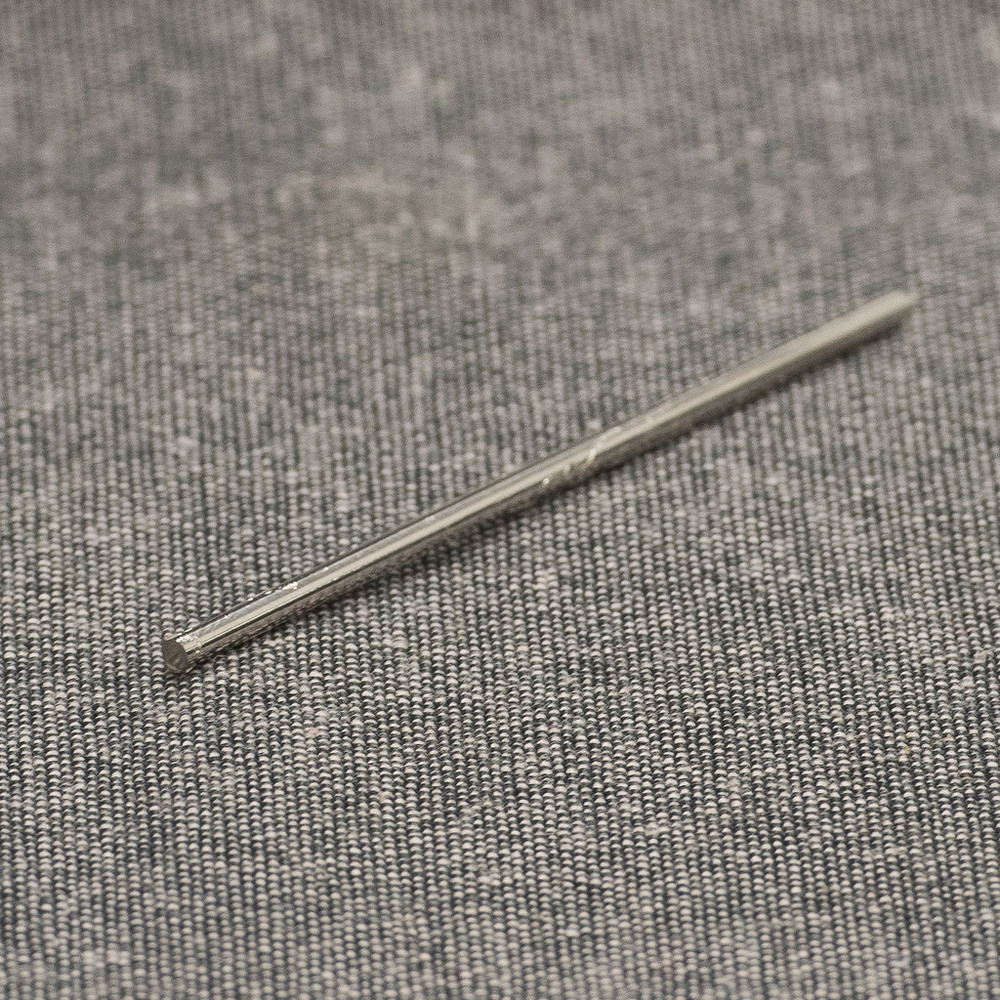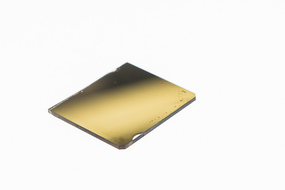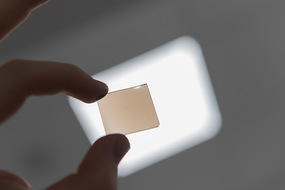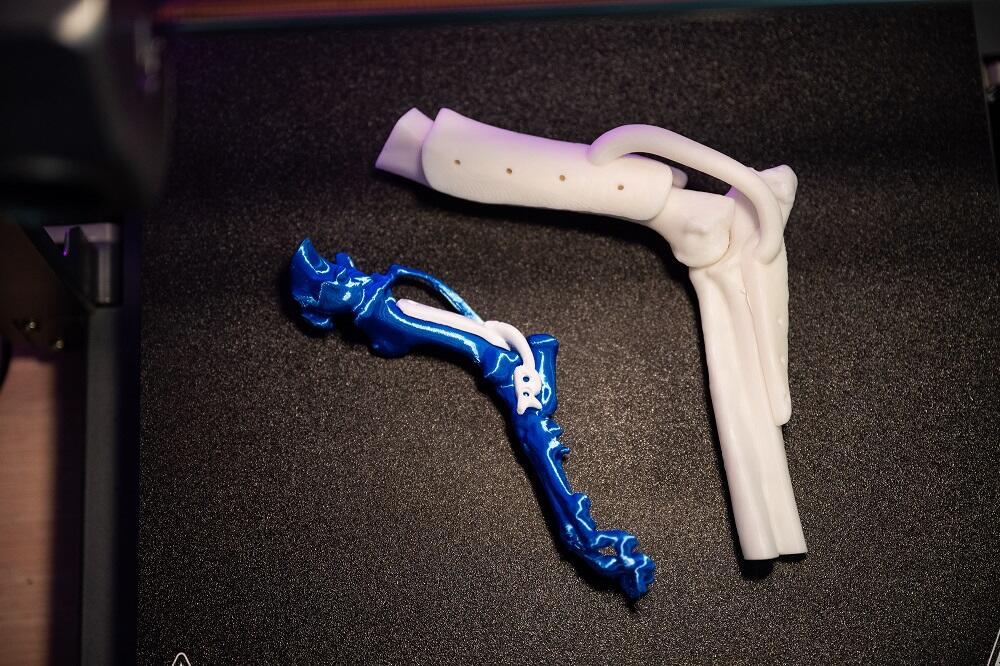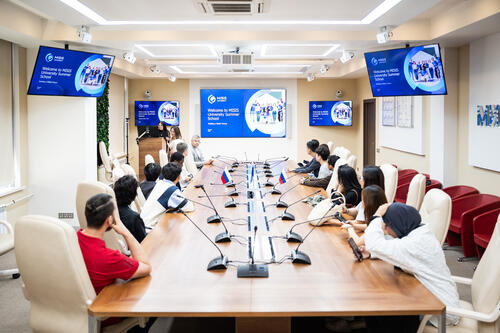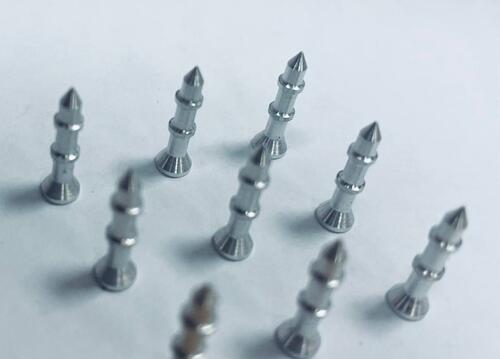NUST MISIS scientists have applied the method of cryothermal processing to metal glasses and have figured out how it will help glass to become more flexible without losing its original durability. The research article is published in “NPG Asia Materials”.
Metallic glasses (or amorphous alloys) are used in various fields: from magnetic materials and medical instruments to micromotor gears and sports equipment. These glasses are durable and resistant to wear & corrosion.
However, all metallic glasses have a drawback: low plasticity (or being too brittleness). This drawback is eliminated by “rejuvenation” however, which is a transfer of the material to a higher energy state to increase its resistance of plastic deformation without losing any strength.
“A group of NUST MISIS scientists led by Professor Dmitri Luzgin, one of the University`s leading scientists, has studied how cryothermal treatment affects properties of metal glasses. The resulting material has optimized properties and [will] be in demand in modern engineering and energy”, said Alevtina Chernikova, Rector of NUST MISIS.
In their work, the researchers used cyclic cooling of samples in liquid nitrogen.
“We have discovered that the application of cryothermal cycles can stimulate a ‘rejuvenation’ of some glasses and a relaxation (reverse rejuvenation process) in others, depending on their composition”, said Artem Trifonov, Candidate of Physical and Mathematical Sciences and engineer at the Department for Non-Ferrous Metals at NUST MISIS.
Thanks to atomic force microscopy, scientists have discovered that cryothermal treatment dramatically increases the ability of the material to resist tensile and compressive elastic deformation on a sample’s surface (a thin layer of tens of nanometers).
This effect disappears after keeping the glass at room temperature. However the volume effect is maintained over time and allows engineers to improve the plasticity of the alloy.
“Cryothermal treatment is a universal and simple method for changing the properties, and creating rejuvenation and relaxation in metal glasses. It is important that it can do both — to improve and impair the plasticity — which requires a careful selection of alloy composition based on the structure of atomic bonds in a material”, Trifonov added.
According to the researchers, they will continue to study the impact of such treatment on the structure and properties of different materials. The “domestication” of the process will allow them to make not only bulk metallic glasses more flexible, but also composites like “metallic glass-crystal” (whose rejuvenation can emerge even stronger because of the greater heterogeneity of the structure).
